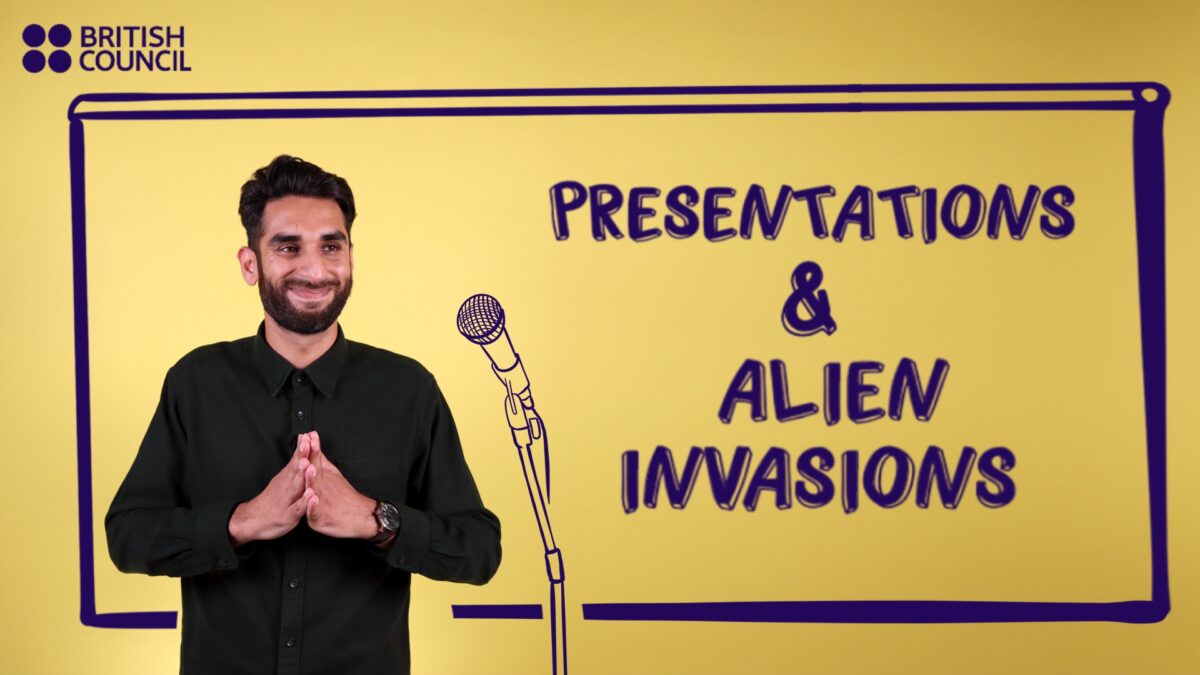5 Best Practices to Improve Your English in Debates

Debating isn’t about arguing, it’s about sharing your ideas clearly, listening to others, and respecting different opinions. Learning how to debate in English can help you improve your speaking skills, gain confidence, and think more critically. Whether you’re debating in person or online, these tips will help guide you to success.
The art of debating: why it’s more than just talking
Debating is a skill that helps you do more than just have a discussion. It teaches you how to:
- Present your ideas in a clear, structured way.
- Understand and respond to different points of view.
- Stay calm and confident when discussing debate topics you care about.
It’s also a great way to practice public speaking and build your confidence. Whether you’re debating with friends or in a formal setting, you’ll learn how to stay focused and respectful, even if the conversation gets difficult.
5 helpful practices to improve English in debates
Structure your arguments with clarity
A clear structure helps you communicate your ideas effectively. Use the Point, Evidence, Explanation method to organise your thoughts:
- Point: Start with your main idea. Example: “Renewable energy is the key to fighting climate change.”
- Evidence: Back it up with facts or examples. Example: “Solar energy adoption has increased by 20% globally in the last five years.”
- Explanation: Show how your evidence supports your argument. Example: “This demonstrates that renewable energy solutions are becoming more accessible and impactful.”
Practising this structure helps make your arguments clear, logical, and persuasive.
Listen actively to craft thoughtful responses
Active listening is key to engaging in meaningful debates. Focus on the speaker’s key points and think critically about what they’ve said.
For example:
If someone argues, “Traditional classrooms are better for learning,” you could respond: “That’s a valid point, but I’d argue that online learning offers greater accessibility and flexibility, which many students need.”
By listening carefully, you can address the opposing argument and build a stronger counter argument.
Use polite phrases to disagree respectfully
Knowing how to disagree politely helps keep the debate stay professional and focused on the ideas, not personal attacks.
Try using these phrases when you are expressing a different opinion:
- “I see your point, but I believe that…”
- “That’s an interesting argument. However, I think we should also consider…”
- “I understand where you are coming from, but I’d argue that…”
Maintain respect during debates
Respect is essential in any debate. It shows your maturity and makes your points more convincing. To ensure a productive discussion:
- Keep eye contact to show you’re paying attention.
- Use a calm and measured tone to avoid sounding confrontational.
- Focus on the argument, not the person, and avoid dismissive or rude language.
Practise rebuttals and counter arguments
A ‘rebuttal’ (or ‘counter argument’) is a reply to an argument that explains why you disagree or see things differently. Rebuttals are an important part of debating. To improve your debating skills, practise responding to challenging arguments with calm, logical rebuttals.
Here’s how:
- Write down some common debate topics, like “Should social media be regulated?”
- Prepare both sides of the argument, so you’re ready to respond to different points of view.
- Work with a friend or join a debate club to practise delivering and defending rebuttals.
Tip: Record yourself and seek feedback to improve your delivery and confidence.
Looking to improve your English skills in any situation?
With English Online courses from the British Council, you can gain the tools to communicate effectively and handle real-world challenges, whether it’s in a debate or a professional setting.
Our courses are tailored to your needs, helping you build fluency, expand your vocabulary, and improve your overall communication. Plus, you can start with a 7-day free trial and see the difference for yourself!
Explore English Online courses >




